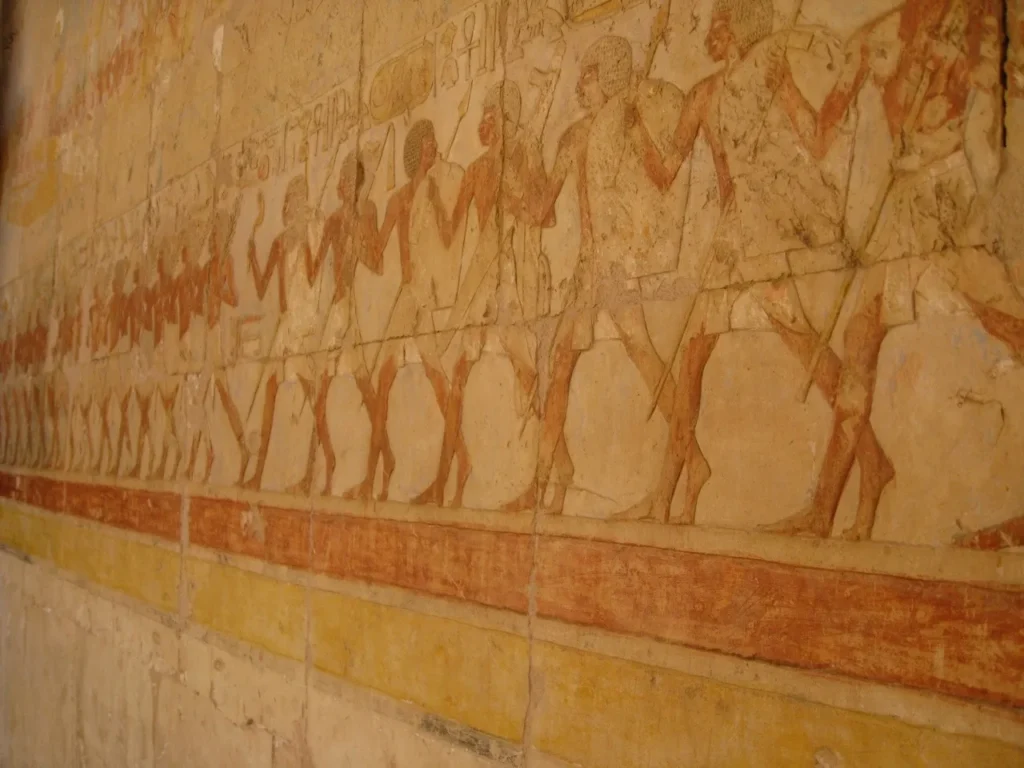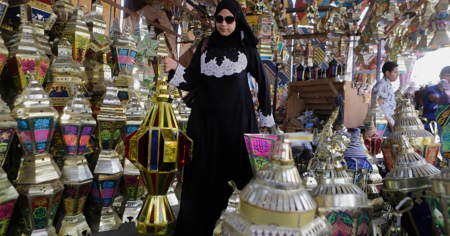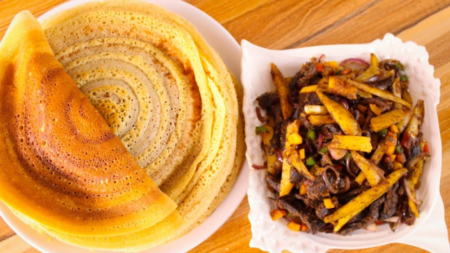Somalia’s history stretches back thousands of years, placing it at the heart of one of the world’s earliest international trade networks.
Known to the ancient Egyptians as the “Land of Punt”, Somalia is believed to have been a major supplier of rare goods such as incense, myrrh, frankincense, ivory, and gold.
These valuable resources made the region a key partner in global commerce long before the rise of modern states.
The Land of Punt and Ancient Egypt
Records from Egyptian temples, including reliefs in the Temple of Hatshepsut at Deir el-Bahari (around 1500 BCE), describe expeditions to Punt.
Egyptian pharaohs sent fleets across the Red Sea to acquire incense and exotic animals, which were considered sacred and essential for rituals.
Many scholars agree that present-day Somalia matches the descriptions of Punt due to its geographic position, flora, fauna, and trade items.
Somalia as a Maritime Power
Somalia’s long coastline—the longest in mainland Africa—allowed it to develop strong maritime traditions.
From the ancient period, Somali ports connected Africa with the Arabian Peninsula, India, and beyond. Somali merchants were skilled navigators who contributed to the early Indian Ocean trade system, which linked East Africa to Asia centuries before European exploration.
Land of Punt: Trade and Cultural Exchange
Through its trade with Egypt, Arabia, and India, ancient Somalia became a crossroads of goods, ideas, and culture.
Myrrh and frankincense from Somali lands were in such demand that they were often valued more highly than gold in the ancient world.
This not only enriched local communities but also laid the foundations for Somalia’s role as a cultural and commercial hub.
Legacy of Punt in Somali Identity
For Somalis today, the history of the Land of Punt is a source of pride.
It reflects a time when the region was recognized globally for its wealth and strategic importance.
This legacy is also a reminder that Somalia has long been connected to the wider world, shaping history through trade and cultural exchange.








